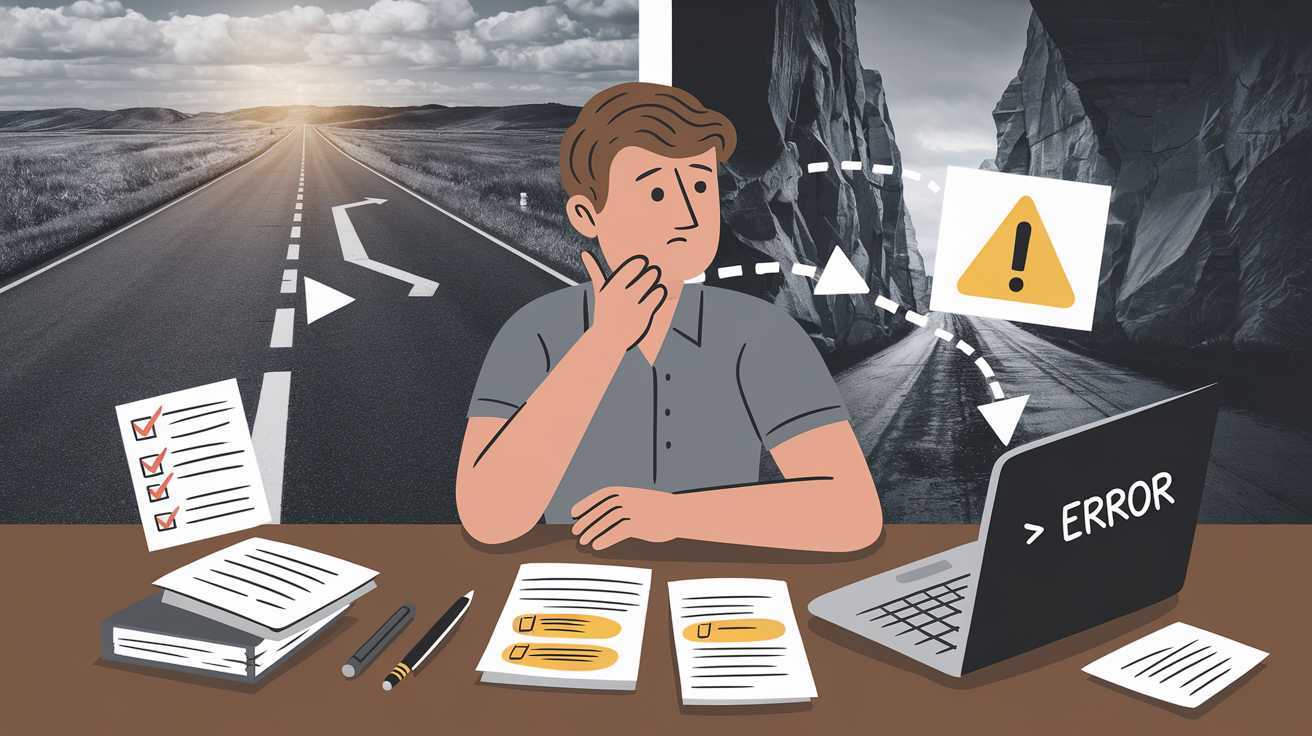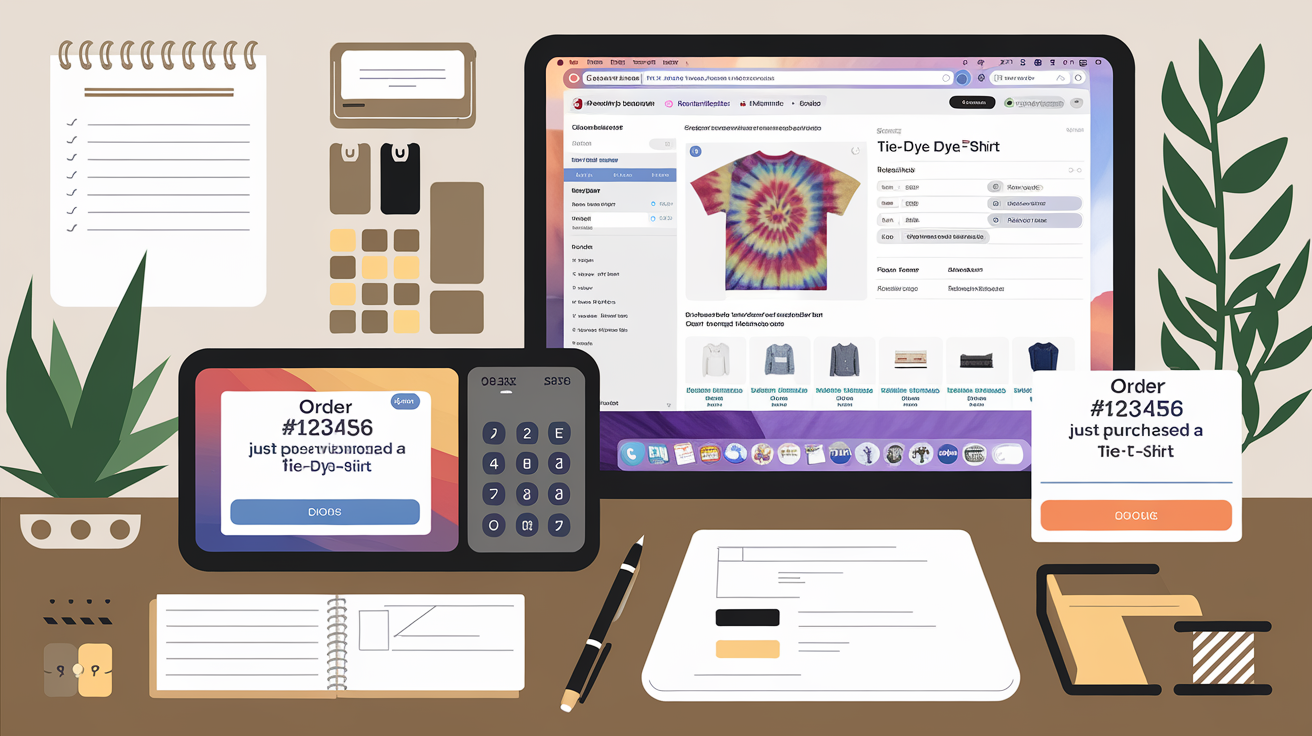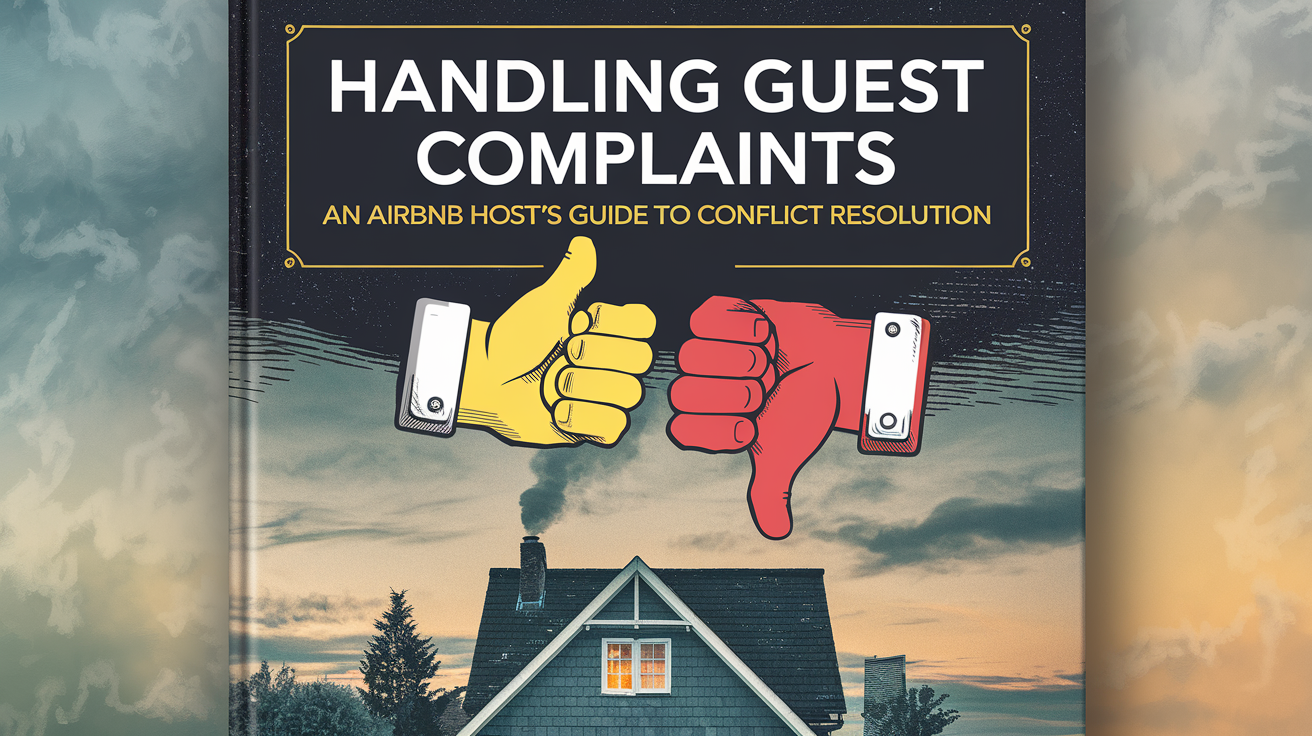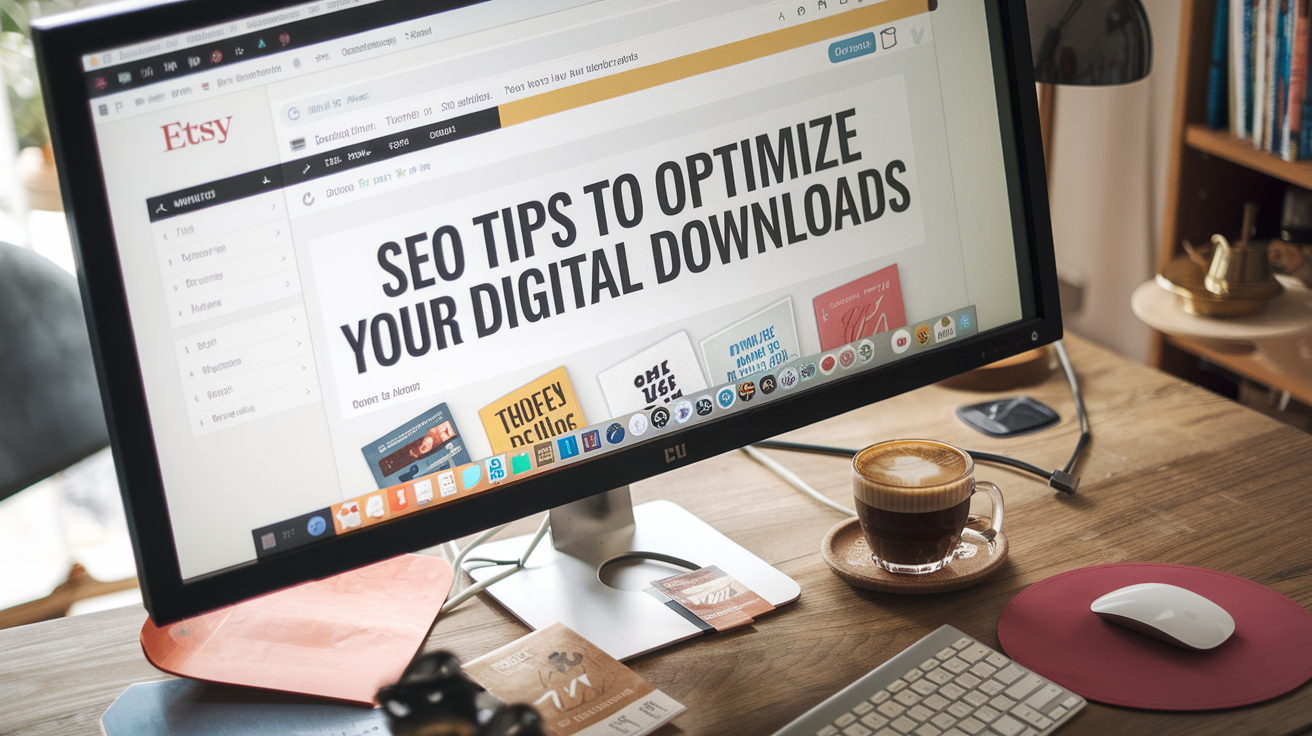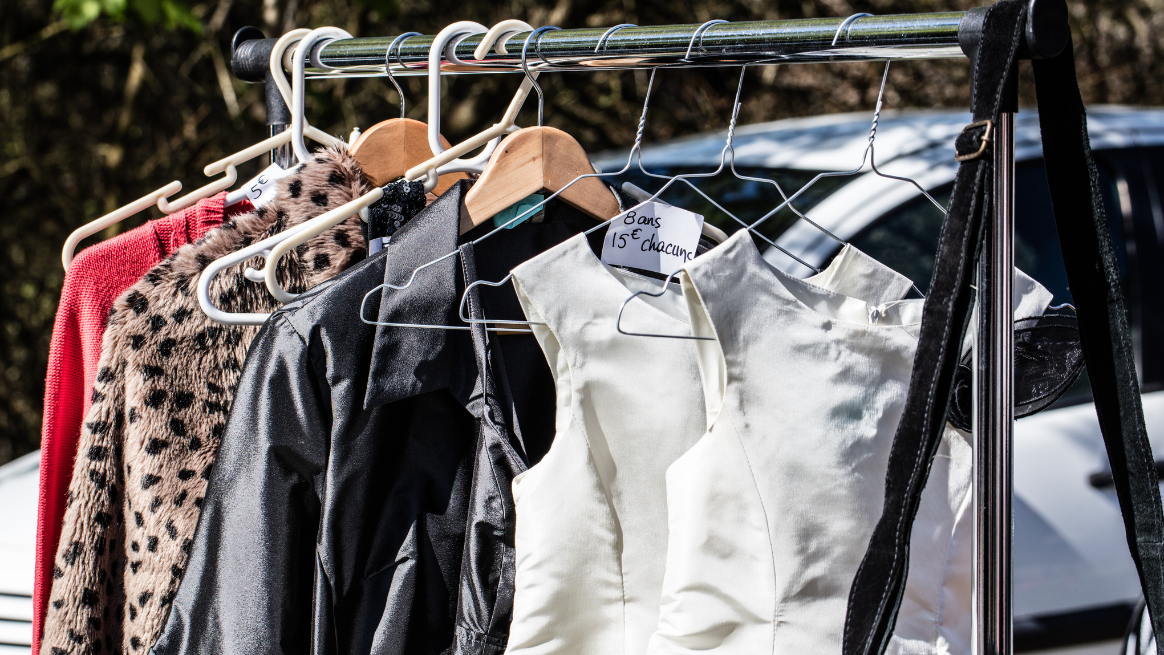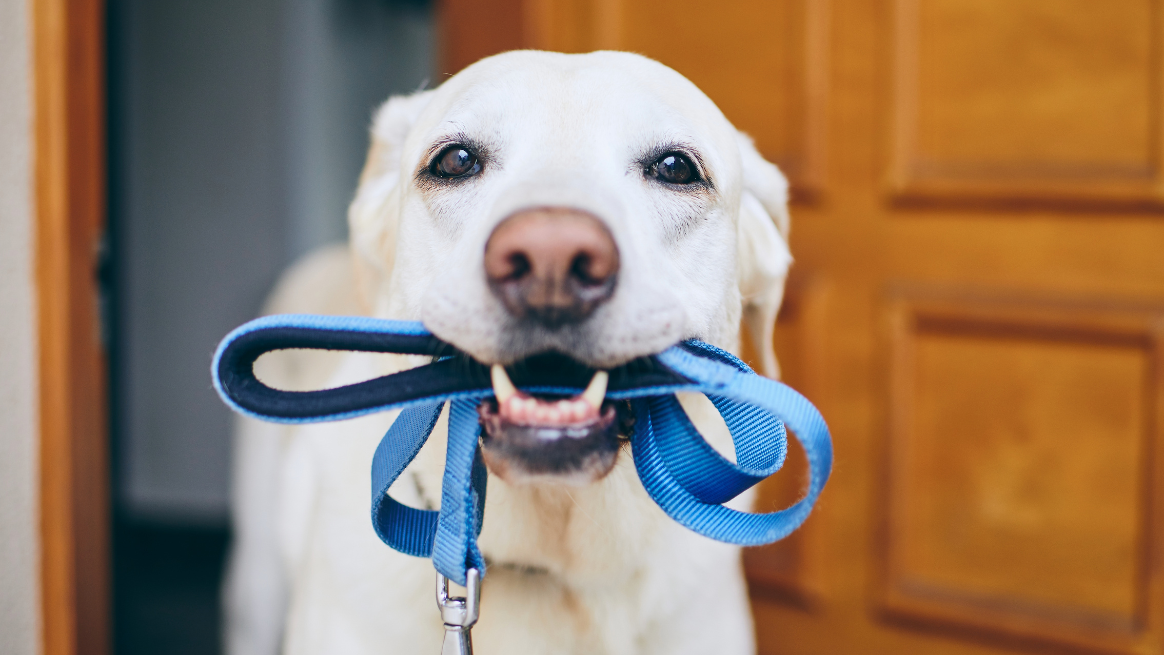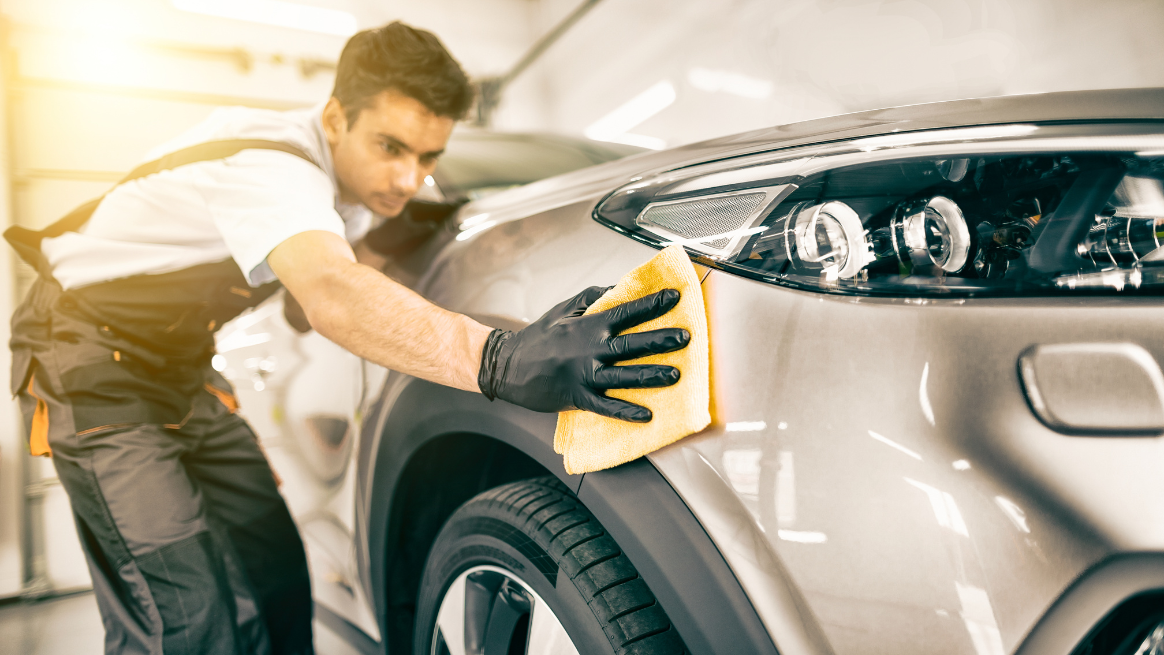

Starting an auto detailing business can be an exciting and profitable venture for those with a passion for cars and a keen eye for detail. However, before you rev up your engines and dive into the world of car detailing, it’s important to understand the startup costs involved. In this comprehensive guide, we’ll explore the various expenses you’ll encounter when launching your own car detailing business, including equipment, supplies, marketing, and more. So, buckle up and let’s take a deep dive into start up costs of auto detailing business.
Startup Cost for Auto Detailing Business: Breaking Down the Expenses
Starting any business requires careful planning, and a car detailing business is no exception. Let’s explore the key areas where you’ll need to allocate your startup budget:
Location – Fixed or Mobile?


The first consideration when starting a car detailing business is finding a suitable location. Whether you choose to operate from a fixed location or offer mobile detailing services, you’ll need to factor in the associated costs:
- Fixed Location: If you opt for a brick-and-mortar facility, you’ll need to budget for rental or purchase costs, utilities, insurance, and any necessary renovations or improvements to create a clean and inviting space for your customers.
- Mobile Services: Providing mobile car detailing services eliminates the need for a physical location but requires investment in a reliable vehicle, equipment storage, and branding for your mobile unit.
Fixed Location vs Mobile Services: A Detailed Comparison
Both of these options have their own advantages and considerations. Let’s dive into a detailed comparison of fixed location and mobile services in the car detailing business:
Fixed Location
Advantages:
- Credibility and Professionalism: Having a dedicated, brick-and-mortar location can enhance your credibility and professionalism in the eyes of potential customers. It provides a sense of permanence and stability.
- Convenience for Customers: A fixed location allows customers to easily find and visit your facility. They can drop off their vehicles and have the freedom to go about their day while the detailing process takes place.
- Specialized Equipment and Setup: With a fixed location, you can invest in specialized equipment and create a setup optimized for efficient detailing. This can result in faster turnaround times and higher quality results.
- Visibility and Branding: A physical location gives you the opportunity to display signage, banners, and branding elements that can attract attention and increase brand visibility.
Considerations:
- Higher Overhead Costs: Operating from a fixed location comes with higher overhead costs, including rent or mortgage payments, utilities, insurance, and maintenance expenses. These ongoing expenses can impact your profitability, especially in the early stages.
- Limited Geographic Reach: Your customer base may be limited to the surrounding area of your fixed location. If you’re in a less populated or competitive area, this may not be a major concern. However, in more saturated markets, mobile services can offer broader reach.
Mobile Services
Advantages:
- Flexibility and Convenience: Offering mobile car detailing services provides convenience to customers by saving them time and effort. You can travel to their location, whether it’s their home, office, or another preferred spot.
- Wider Customer Reach: With mobile services, you have the potential to serve customers beyond the immediate vicinity of a fixed location. This opens up opportunities to reach customers in different neighborhoods, cities, or even rural areas.
- Lower Overhead Costs: Mobile services generally have lower overhead costs compared to a fixed location. You can avoid expenses like rent, utilities, and maintenance associated with maintaining a physical facility.
- Targeted Marketing: Mobile services allow you to focus your marketing efforts on specific areas or target customers who prefer the convenience of on-site detailing. This targeted approach can help you attract customers who value the flexibility and personalized service you offer.
Considerations:
- Limited Storage Space: With mobile services, storage space for equipment, supplies, and water can be a challenge. You’ll need to invest in suitable storage solutions, such as trailers or vans, to carry all the necessary tools and products.
- Weather Constraints: Mobile detailing is subject to weather conditions. Extreme heat, rain, or cold weather can impact the quality of the detailing process and affect your ability to work efficiently.
- Travel and Fuel Costs: Providing mobile services means you’ll need to account for travel expenses, including fuel, vehicle maintenance, and insurance. These costs can vary depending on the distance you need to travel to reach your customers.
- Perception and Trust: Some customers may perceive mobile services as less professional or less capable than a fixed location. It’s crucial to demonstrate your expertise, use professional equipment, and maintain a polished appearance to build trust and overcome any potential doubts.
In summary, both fixed location and mobile services have their own advantages and considerations in the car detailing business. Choosing the right option depends on factors such as your target market, competition in your area, budget constraints, and personal
Equipment and Supplies


This is not an exhaustive list, but it provides a solid foundation of essential equipment and supplies needed for a car detailing business. It’s important to research and invest in high-quality products that align with your budget and specific business needs. Additionally, regularly maintaining and replacing worn-out or damaged equipment will contribute to the longevity and efficiency of your detailing operations.
Investing in quality equipment and supplies is crucial for delivering exceptional results and ensuring customer satisfaction. Here are the essential items you’ll need:
- Pressure Washer: A powerful pressure washer is a cornerstone tool in car detailing. It is used to thoroughly clean the exterior surfaces of vehicles, removing dirt, grime, and contaminants. Look for a pressure washer with a high PSI (pounds per square inch) rating and a GPM (gallons per minute) flow rate. Expect to invest between $500 and $1,000 for a high-quality pressure washer.
- Vacuum Cleaner: A professional-grade vacuum cleaner is necessary for effectively cleaning vehicle interiors. It should have strong suction power and attachments suitable for various surfaces, including carpets, upholstery, and tight spaces. Budget around $200 to $400 for a durable and efficient vacuum cleaner.
- Polishers and Buffers: To restore the shine and luster of a vehicle’s paintwork, you’ll need polishers and buffers. These tools help remove imperfections, swirl marks, and light scratches, leaving a smooth and glossy finish. There are different types of polishers available, such as rotary, dual-action, and orbital polishers. The cost can range from $100 to $500, depending on the quality and features.
- Chemicals and Cleaning Products: From car wash soap to upholstery cleaners, a wide range of chemicals and cleaning products is necessary for various detailing tasks. Invest in high-quality products to achieve optimal results and avoid potential damage to vehicle surfaces. Allocate approximately $200 to $500 for a comprehensive selection of cleaning solutions, including interior cleaners, glass cleaners, wheel cleaners, and protectants.
- Microfiber Towels: Microfiber towels are essential for drying, polishing, and buffing surfaces without scratching or leaving lint behind. Invest in a variety of microfiber towels in different sizes and thicknesses to cater to different detailing tasks. The cost can vary, but budget around $100 for a good assortment of microfiber towels.
- Detailing Brushes: Detailing brushes come in various sizes and shapes, allowing you to clean hard-to-reach areas, crevices, and delicate surfaces. Look for brushes with soft bristles that won’t scratch or damage surfaces. Allocate around $50 to $100 for a set of quality detailing brushes.
- Applicators: Applicators are used to apply products such as wax, sealants, and dressings. Foam applicator pads and foam brushes are commonly used for these purposes. Budget approximately $50 for a selection of applicators to ensure smooth and even product application.
- Buckets and Grit Guards: Buckets with grit guards are essential for the two-bucket wash method, which helps prevent swirl marks and scratches during the washing process. Invest in sturdy buckets and grit guards to ensure proper vehicle cleaning. Budget around $50 for a couple of high-quality buckets and grit guards.
- Safety Equipment: Safety should be a priority in any detailing operation. Invest in protective gear such as gloves, safety glasses, and respirators to ensure personal safety when working with chemicals and performing detailing tasks. The cost will depend on the specific safety equipment you choose.
Insurance and Licensing


Protecting your business and complying with legal requirements is essential. Consider the following expenses:
- General Liability Insurance: General liability insurance safeguards your business from potential claims or damages resulting from accidents or injuries that may occur on your premises or during your services. It provides coverage for bodily injury, property damage, and legal fees. The cost of general liability insurance can vary depending on factors such as the size of your business, location, and coverage limits. Typically, expect to pay between $500 and $1,000 per year for general liability insurance.
- Professional Liability Insurance: Also known as errors and omissions insurance, professional liability insurance provides coverage in case of any damage caused during your detailing services. This can include damage to a customer’s vehicle, accidental scratches, or other mishaps that may occur while performing your duties. Professional liability insurance helps protect your business from potential legal actions and claims. The cost of professional liability insurance can vary depending on factors such as your business size, coverage limits, and claims history. Expect to pay around $500 to $1,200 annually for professional liability insurance.
- Business License: Before operating your car detailing business, you’ll need to obtain a business license from your local government or municipality. The cost of a business license can vary depending on your location and the specific requirements of your area. It’s important to research the licensing fees and any associated costs to ensure compliance with local regulations. Fees can range from $50 to $500, depending on your location.
- Permits and Certifications: In some areas, you may need additional permits or certifications to operate a car detailing business legally. These may include environmental permits for handling and disposing of cleaning chemicals, water usage permits, or specific certifications to ensure compliance with industry standards. The costs for permits and certifications will vary based on your location and the specific requirements.
PLEASE NOTE: Consult with a professional insurance agent and local authorities to ensure you have the appropriate insurance coverage and necessary licenses and permits for your car detailing business. Being properly insured and licensed not only protects your business but also builds trust and credibility with your customers.
Marketing and Advertising
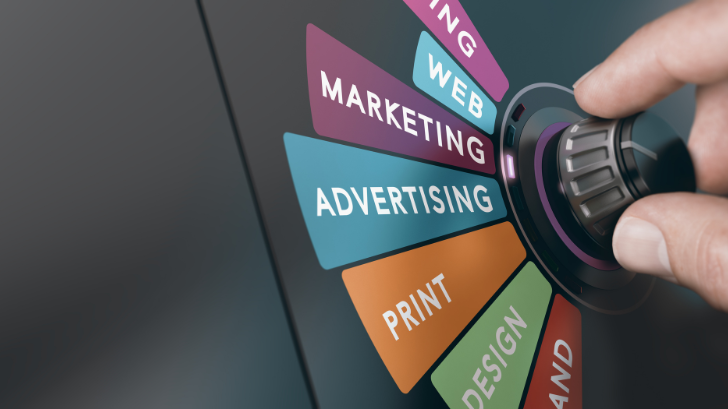

To attract customers and establish a strong presence in the market, you’ll need to allocate funds for marketing and advertising efforts:
- Website Development: In today’s digital age, having a professional website is essential for any business. Your website serves as an online storefront, providing information about your services, contact details, and a showcase of your work. Budget between $500 and $2,000 for website development, depending on the complexity and features required. Consider hiring a professional web designer or using website-building platforms to create an attractive and user-friendly website.
- Online Marketing: Allocate a monthly budget for online marketing strategies to increase your online visibility and attract potential customers. This may include search engine optimization (SEO) to improve your website’s ranking in search engine results, pay-per-click (PPC) advertising, and social media marketing. The budget for online marketing can vary depending on your target market and competition, but expect to spend around $500 to $1,000 per month initially. Regularly evaluate the performance of your online marketing campaigns and adjust your budget accordingly.
- Print Materials: While digital marketing is crucial, offline marketing should not be neglected. Budget for professionally designed print materials such as business cards, brochures, and flyers. These materials can be distributed at local events, automotive shops, and community centers to increase brand awareness and attract local customers. Allocate approximately $200 to $500 for the design and printing of high-quality print materials.
- Social Media Presence: Establish a strong presence on social media platforms such as Facebook, Instagram, and Twitter. Regularly post engaging content, showcase before-and-after detailing transformations, and interact with your audience. Social media is a powerful tool for building brand loyalty and attracting new customers. Take advantage of free social media platforms, but also consider allocating a small budget for targeted social media advertising campaigns.
- Referral Programs and Customer Loyalty: Implement referral programs to encourage satisfied customers to spread the word about your services. Offer incentives such as discounts or free add-on services for every new customer referred. Additionally, consider implementing a customer loyalty program to reward repeat customers and encourage them to continue using your services.
- Partnerships and Local Collaborations: Establish partnerships with local businesses, such as automotive dealerships, car rental companies, or auto repair shops. Cross-promotion and collaboration can help expand your reach and attract new customers. Offer special discounts or exclusive services to customers referred by your partners.
Remember, marketing is an ongoing process, and it’s important to regularly assess the effectiveness of your marketing efforts and adjust your strategies accordingly. Keep track of your marketing expenses and measure the return on investment (ROI) to ensure you’re maximizing your budget and reaching your target audience effectively.
Staffing and Training
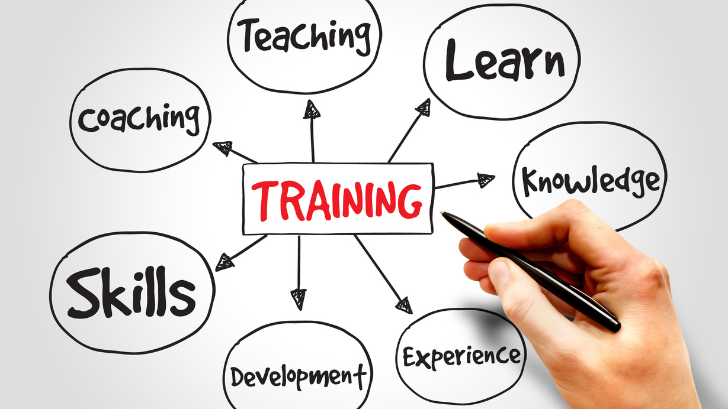

If you plan to expand your car detailing business and hire employees, consider these costs:
- Employee Wages: When hiring employees, you’ll need to budget for wages or salaries. The cost will depend on various factors such as the number of employees, their experience levels, and the local labor market. Research the prevailing wage rates in your area and ensure that your wage structure is competitive to attract and retain skilled employees.
- Training and Certifications: Providing ongoing training and certifications for your employees is essential to ensure consistent quality and keep up with industry advancements. Budget for training programs, courses, and certifications related to car detailing techniques, equipment usage, and customer service. The cost will vary depending on the training provider and the level of expertise required. Allocate around $500 to $1,000 per employee annually for training and certifications.
- Employee Benefits: Consider the cost of providing employee benefits such as health insurance, retirement plans, paid time off, and other perks. Providing competitive benefits can attract top talent and increase employee satisfaction and retention. Consult with insurance providers and financial advisors to estimate the costs associated with offering employee benefits.
- Employee Management Expenses: Factor in the administrative costs associated with employee management, such as payroll processing, human resources support, and potential legal or regulatory compliance. These costs can be managed internally or outsourced to a professional employer organization (PEO) or payroll service provider. Research the costs involved and choose the option that best suits your business needs.
- Performance Incentives: Consider implementing performance incentives to motivate and reward your employees. This can include bonuses, commissions, or other forms of incentives tied to business performance, customer satisfaction, or sales targets. Budget for these incentives as part of your staffing expenses.
When hiring and training employees, it’s crucial to establish clear job descriptions, provide comprehensive training programs, and create a positive work environment that fosters teamwork and professional growth. Invest time and effort in recruiting qualified candidates and conducting thorough interviews to ensure you hire individuals who align with your business values and have the necessary skills and commitment to deliver exceptional service.
Regularly evaluate employee performance, provide constructive feedback, and offer opportunities for professional development. Engaged and well-trained employees contribute to the success and growth of your car detailing business by delivering high-quality services and building strong relationships with customers.
Staffing expenses are ongoing costs, and it’s important to budget and plan accordingly to ensure your business remains financially sustainable while providing a positive work environment for your employees.
FAQs: Answers to Your Burning Questions
Q1: What are the typical startup costs for a car detailing business? A1: Startup costs for a car detailing business can vary depending on factors such as location, services offered, and business size. On average, you can expect to spend between $5,000 and $15,000 to get your car detailing business up and running.
Q2: Can I start a car detailing business from home to save on costs? A2: Yes, it’s possible to start a car detailing business from home and save on facility costs. However, keep in mind that certain residential areas may have restrictions or zoning regulations, so check local ordinances before proceeding.
Q3: Do I need professional training or certification to start a car detailing business? A3: While not mandatory, professional training and certifications can help you build credibility and enhance your skills. Consider attending detailing courses or obtaining certifications to stand out from the competition.
Q4: How long does it take to recover the startup costs and start making a profit? A4: The time it takes to recover your startup costs and turn a profit will depend on various factors such as your pricing strategy, demand in your area, and the quality of your services. On average, it can take around six months to a year to break even.
Q5: Can I offer additional services to increase revenue? A5: Absolutely! Offering additional services such as paint correction, ceramic coating, or window tinting can help diversify your revenue streams and increase profitability. Assess the market demand in your area before expanding your service offerings.
Q6: How can I attract customers to my car detailing business? A6: Utilize online and offline marketing strategies to attract customers. Develop a professional website, establish a presence on social media platforms, and offer promotional deals to entice new customers. Word-of-mouth referrals can also be a powerful marketing tool in this industry.
Q7: How long does it take to detail a car? A7: The time it takes to detail a car can vary depending on several factors, including the size of the vehicle, its condition, and the level of detailing service requested. On average, a thorough car detailing session can take anywhere from two to six hours. However, more extensive services such as paint correction or ceramic coating may require additional time.
Q8: Can I start a car detailing business part-time while working another job? A8: Yes, starting a car detailing business part-time while working another job is possible. Many entrepreneurs begin by offering detailing services during evenings and weekends. However, keep in mind that splitting your time between two jobs can be demanding. Ensure you have the necessary time and energy to provide quality service to your customers and gradually transition into full-time entrepreneurship as your business grows.
Q9: Do I need to purchase my own water supply for mobile detailing services? A9: It depends on your specific situation and local regulations. Some areas may require mobile detailers to carry their own water supply, while others may provide access to water sources. If you need to supply your own water, consider investing in a water tank or trailer-mounted system that can hold a sufficient amount of water for your detailing jobs. Additionally, explore water conservation techniques and eco-friendly practices to minimize water usage.
Q10: What type of insurance coverage do I need for a car detailing business? A10: Insurance coverage for a car detailing business typically includes general liability insurance and professional liability insurance. General liability insurance protects your business from third-party claims related to property damage or bodily injury. Professional liability insurance covers any damage or errors that may occur during your detailing services. It’s important to consult with an insurance professional to assess your specific needs and ensure you have adequate coverage to protect your business.
Conclusion: Accelerate Your Car Detailing Business Success
Starting a car detailing business requires careful planning, financial investment, and a commitment to delivering exceptional service. By understanding the startup costs involved and taking proactive steps to control expenses, you’ll be on the road to success. Remember, the initial investment is just the beginning, and building a strong customer base and providing outstanding results will be key to long-term profitability. So, buckle up, put the pedal to the metal, and embark on your exciting journey as a car detailing business owner!





